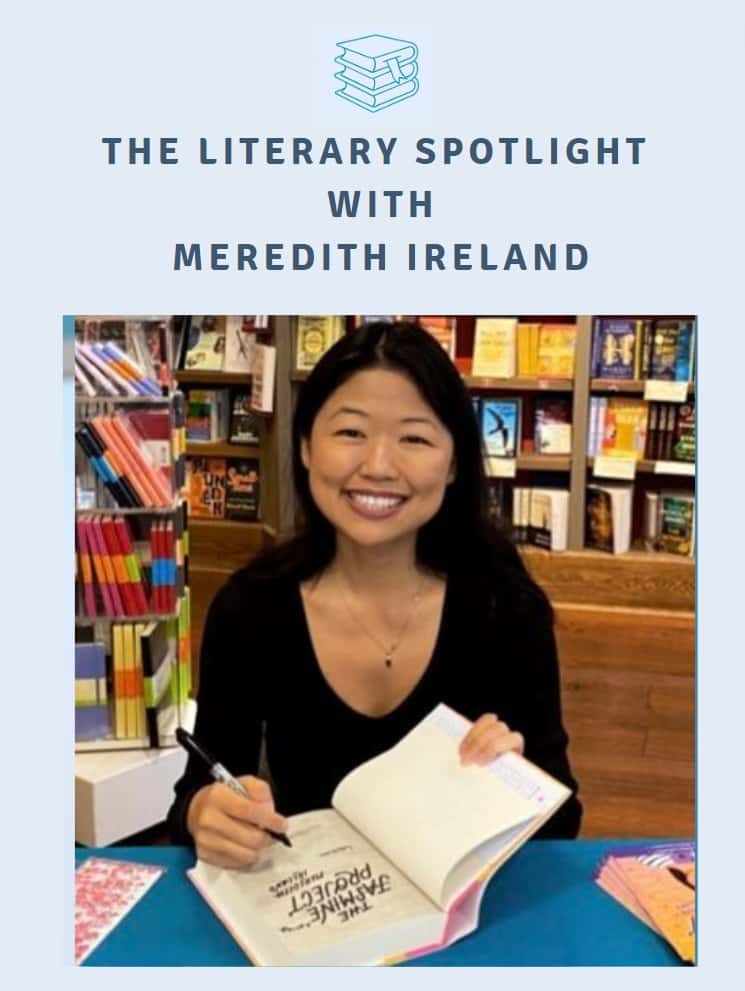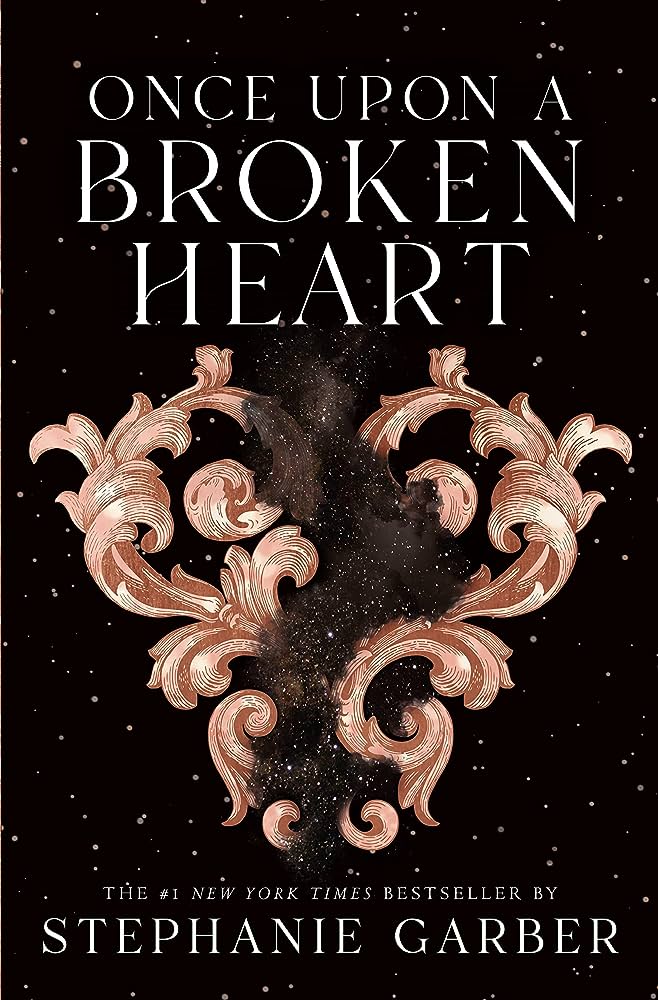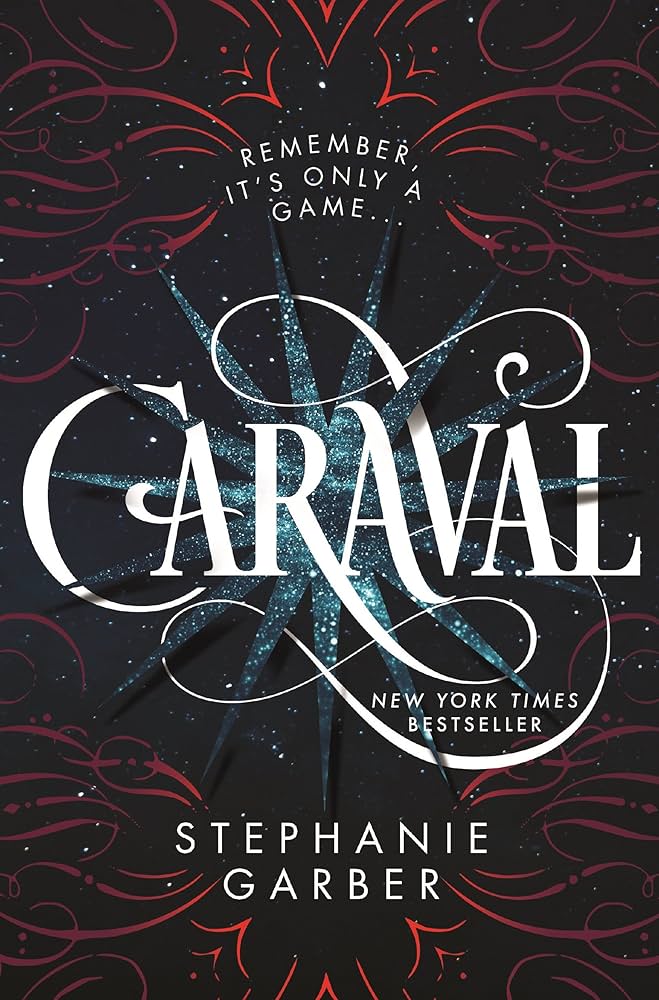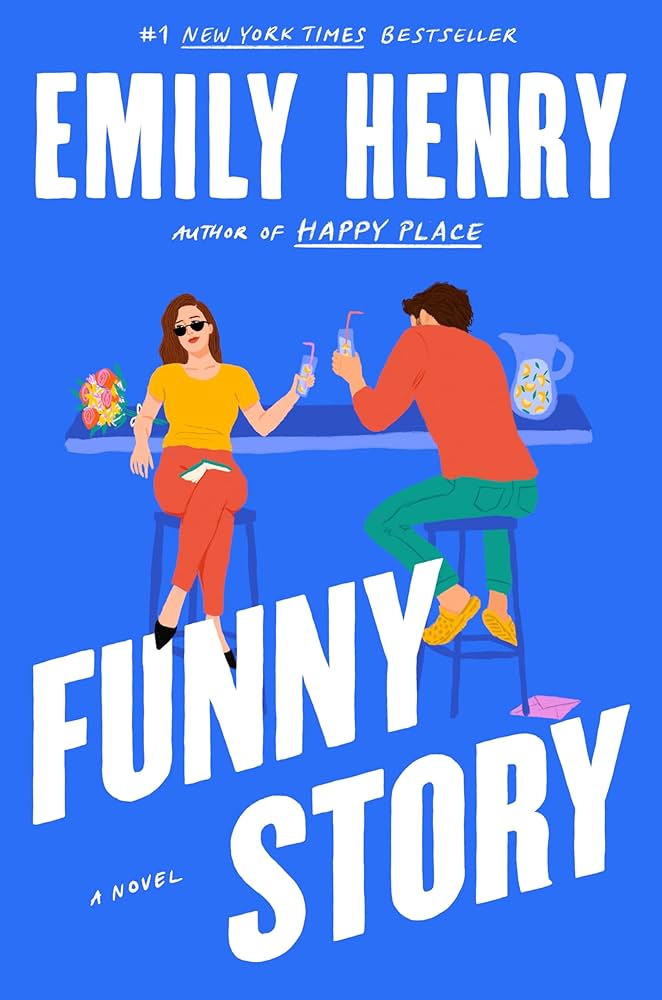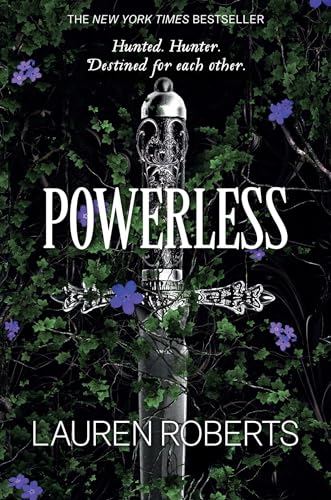Welcome to an exclusive author interview featuring Meredith Ireland, the brilliant mind behind the captivating debut novel, “The Jasmine Project.” In this intimate conversation, we delve into the inspiration, creative process, and insights that shaped this remarkable literary work. Join us as we explore the journey of Meredith Ireland, a rising star in the literary world, and uncover the magic that breathes life into her words and characters. As we delve into the pages of her literary creations, we also delve into her mind – unraveling the inspirations, aspirations, and techniques that have shaped her into the author she is today. In this candid conversation, we’ll explore the narratives that have captured readers’ hearts, the themes that resonate within her work, and the creative process that breathes life into her characters. From the genesis of her stories to the complexities of character development, we’ll unearth the elements that have made Meredith Ireland’s writing a cherished companion for many. Join us as we step beyond the book covers and embark on an adventure through the literary landscapes of Meredith Ireland’s imagination.
Introduction:
C.A: Could you please introduce yourself and tell us a bit about your writing background? What inspired you to become a writer, and how did your writing journey begin?
Meredith: Hi! I’m Meredith Ireland, author of The Jasmine Project and Everyone Hates Kelsie Miller, both young adult novels from Simon & Schuster. My short story is featured in You Are Here, a middle-grade anthology from Allida/Clarion. And my first middle-grade fantasy, Emma & The Love Spell, comes out in January 2024 with Bloomsbury Children’s Books. I live in New York with two middle-graders and two teenagers. I think for most writers stories are always in you—or at least that’s how it was for me. I remember being thirteen and writing what I considered to be novels in religion class. It wasn’t until I was older, though, that I thought maybe I should try to do this professionally.
Creative Process:
C.A: Could you share a glimpse into your creative process? How do you approach developing ideas and turning them into stories? Do you have any specific rituals or habits that help you get into the writing zone?
Meredith: It starts with an overall idea. For Kelsie, I wanted to write a road trip story that was enemies to lovers. And then it’s about finding the voice of the characters. I write out (because I have to) a loose outline, but I like letting the characters’ voices dictate the story. I try to get the first draft down as quickly as possible—sometimes that’s a week, and sometimes that takes a month and a half. specifically when I write. Scent is powerful for evoking memories and it sets me in a good headspace, but I could honestly write in a stinky McDonald’s if I had to. And then the work is in revision.
Writing Influences:
C.A: Who are some of your favorite authors or literary influences, and how have they shaped your own writing style? Are there any books or works that have had a profound impact on your writing career?
Meredith: I grew up reading the classics, so Hemingway and Bronte have influenced my writing overall. But modern children’s literature is much more about voice. I love Becky Albertalli, Karen McManus, Anna Marie McLemore, and Angie Thomas in YA. In middle-grade, I don’t know that it gets better than Ellen Oh and Erin Entrada Kelly. In adult, I love Rebecca Roanhorse, Fonda Lee, and RF Kuang. Every book you read teaches you something about style or story. These authors are examples of how to do both very well.
Overcoming Challenges:
C.A: What challenges have you faced as a writer, and how did you overcome them?
Meredith: Initially, I had a very hard time querying and getting publishers interested. At times I almost gave up. Part of it was publishers were not looking for diverse stories until fairly recently. There’s a mountain of rejection you have to climb as a writer of any color and it takes time to be comfortable with that.
Character Development:
C.A: How do you approach developing compelling and relatable characters in your stories? Are there any strategies or exercises you use to ensure your characters feel authentic and three-dimensional?
Meredith: I have two teenagers and two preteens currently living with me so it’s easy to see if my characters are authentic. But before that, I was relying more on remembering my own experiences and feelings. Craft-wise a character shouldn’t be able to believe what they say and do on the last page from where they start on page one. Main characters should want something badly and be deeply into an interest. This is the genius behind why Disney movies are successful—they have the character sing an ‘I want’ song. It also applies to fiction. What does your character want more than anything else? What are they willing to overlook to get it?
Creative Inspiration:
C.A: Where do you find inspiration for your stories? Are there any specific themes or topics you enjoy exploring in your writing?
Meredith: Inspiration can come from anywhere—books, movies, even music videos. I love writing adopted main characters! Growing up, I never saw myself on page. Honestly, being a Korean American adoptee there were never characters who resembled me even a little bit. I don’t want this generation to ever experience that. It changes something in your brain when you are never the main character—it can feel like your stories and experiences don’t matter, but they do.
Personal Reflection:
C.A: What is the most rewarding aspect of being a writer for you?
Meredith: I absolutely love when a reader says they can see themselves in my work. What you read as a child affects you in a way that nothing else does. I love the thought that I’m expanding people’s understanding of the world in some small way.
Editing and Revision:
C.A: How important do you think the editing and revision process is for a writer? Could you share your approach to editing your own work? Do you have any suggestions for writers on how to improve their editing skills?
Meredith: A first draft makes you a writer. Revision makes you an author. Revisions and editing create a book. My process goes: write the draft as quickly as you can. Great, now rest it for a while—preferably a month. Read and watch other things in the meantime. Then read it with fresh eyes. See what makes sense and what needs to be explained better or what just doesn’t work. Then it goes to my editor as a first draft. She reads and gives me an edit letter which is big picture ideas for what she likes and how to improve the story. Then I revise and send back. The next step is in document notes. Then it’s line edits, copy edits, and pass pages. What you see on the shelf is the work of not just the author but editors as well. Reading will always help hone editing skills.
Publishing and Marketing:
C.A: What has been your experience with the publishing industry? Any advice for aspiring authors on finding agents or publishers? How do you navigate the world of book marketing and promotion? Any tips for authors looking to build their audience?
Meredith: It is a hard industry. I wish I could say it’s easy because it’s the stuff of dreams, but it’s not. I have been lucky and unlucky. I swear 90% of making it as an author is simply an unwillingness to give up. I wish I knew how to answer this. I think do what you enjoy, what you’re good at. People have an uncanny way of telling what’s genuine and forced. But you have to be your own advocate. Post what you’re proud of because if you don’t there’s a good chance no one will.
Advice for Budding Writers:
C.A: What advice would you give to aspiring authors who are just starting their writing journey? How do you handle rejection and criticism in the publishing world?
Meredith: Read! Read in your genre and out. Read current books and the new classics. You should know the marketplace and who the players are as you would do in any other profession. At a certain point, you have to let go. That should be when you start sending your story out in the world. It’s not you and it’s not your baby, it’s now a product. There are some stories too personal to put out there and that’s okay. But handling critique is the other 10% of making it in publishing.
Favorite Quote:
C.A: What’s your favorite quote that keeps you going in life?
Meredith: I’m paraphrasing but: work until your idols become your competition
Future Projects:
C.A: Could you give us a sneak peek into any upcoming projects or books you’re currently working on? Is there anything else you would like to share with our readers and aspiring writers? Is there anything else you would like to share with our readers and aspiring writers?
Meredith:Oh gosh, I’m working on a ton of books and none of them are announced. A middle-grade horror line. A YA about a secret royal at a sleepaway camp. And an adult fantasy trilogy.
Remember that social media is a highlight reel. You can feel like everyone is achieving and you aren’t, but people don’t often post their lows. As I’ve said we’re not horses in a race. We’re possums stuck in trash cans and the speed at which you succeed has no bearing on the possum next to you.
